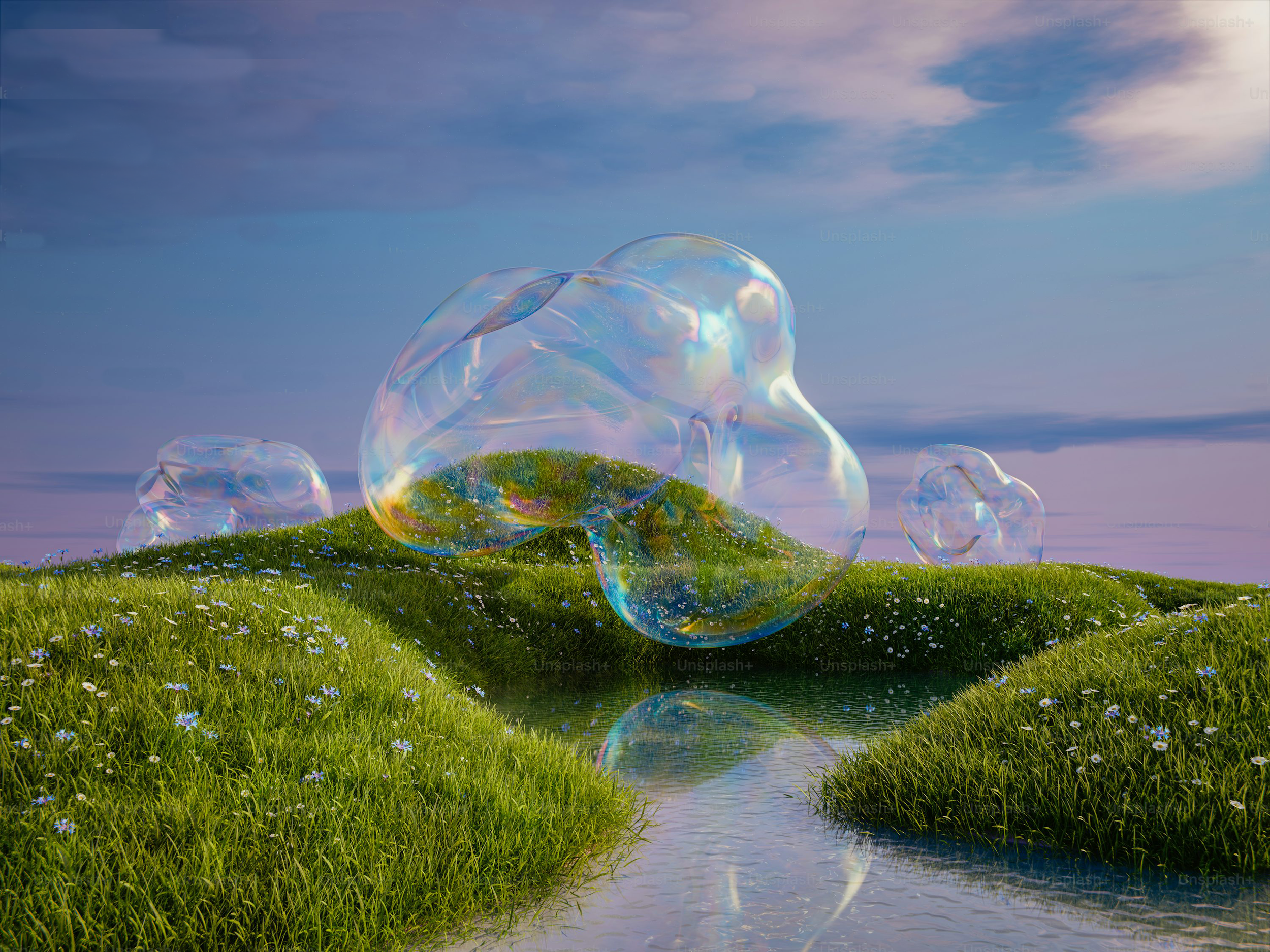Possibility v. Probability
The role of possibility in creating social change–and helping us explore more than what’s probable in our own lives.
As magicians, with each effect, we’re introducing a possibility that we’re not wired to consider: a card can be torn and restored, a coin can be pulled from thin air, and information can be pulled from another’s mind with ease. It doesn’t mean that it always will happen, and we demonstrate what could be with great effort and study. But if done correctly, we invite our audiences to practice possibility alongside us. I hope people leave my shows enthused about a simple trick, thinking, “what else is possible” in their own lives.
If were to ask you what is possible in your life, you’d shape your response based on the facts and figures that matter to you–perhaps where you went to school, how much money is in your bank account, or what you think you deserve based on how worthy you find yourself. You’ll define what’s probable for you, not what’s possible, because many of believe those are the same things.
But possibility is not dictated by facts and figures, or confined by your self-limiting beliefs. In any moment, any scenario, any future, any outcome is as possible as another. Our interpretation is only limited by the extent to which we can conjure them in our minds. Possibility awaits us even when we don’t believe we deserve it, or have the heart to fight for it. It’s always there, a steady heartbeat here to guide us towards something more expansive, intentional, full.
This might feel meaningless, considering that our behaviors and actions have to be guided by more than just the notion of infinite dimensions, where anything could be possible. But it’s important, because without nurturing our relationship with possibility, it’s quite difficult to cultivate hope. We leave ourselves feeling resigned to outcomes that feel inevitable, a character in another’s story. When we do this individually, we may never bear witness to our full potential. When we do this collectively, we enable systems and structures to dictate what’s possible for us, giving up agency and choice to algorithms and same-day delivery, false binaries and 60 hour work weeks.
What’s most fascinating to me is that, despite how much we invest in probability, we’re absolutely terrible at calculating the odds. We often don’t really know what probability even –I only recently learned that a 30% chance of rain means a 30% chance for measurable precipitation at a specific location within the given timeframe, not that 30% of the area will get wet or that it will rain for 30% of the time. What’s more, studies have proven that humans can’t fully cognitively process the factors to weigh in probability, leading to significant errors in our decision-making process. We can either have a general, vague sense of probability on a grand scale, or an accurate, yet quite limited, assessment of probability on a microscale. In both outcomes, we either yield too many errors to make a sound decision or miss other factors that could lead to an undesired outcome. This is referred to as probability distortion, and is why many people are still afraid of flying despite that the odds of a plane crash are incredibly small. It’s also how the principle of the gambler’s fallacy–or, how humans will believe a number or instance that hasn’t happened in a while will happen soon–keeps casinos in business.
Others argue that probability is a flimsy concept in itself, a guise to help us find certainty in an overwhelmingly uncertain world. The mathematics of probability is relatively new, introduced in the 1650s by French mathematicians. It’s also a distinctly Westernized theory, used in place of spiritual reflection, divination, and a deep study of the natural world–practices Indigenous communities have relied on for centuries before. Probability aims to provide an impartial look at outcomes, but even the most basic models are based in subjectivity. The probability of a coin flip resulting in being heads-up is 50-50, but it’s rooted in the assumption that the coin has a heads side and a tails side, and that the coin’s weight is distributed evenly across its circumference. The odds that we win a war depend on our assessment of the opposition’s strength; if their weapons arsenal and troops are well-concealed from our espionage, our probability may be moot.
My ancestors put possibility above all else. I know this to be true, because I am here, and there were many improbable things that said that would not be. My father’s side of the family immigrated from an impoverished land, no longer fruitful once slavery was abolished, to find complicit work carrying a different cargo–whales, harpooning them from the depths of the sea to string them in harbors in Massachusetts. My mother’s family survived again and again, perhaps carried by my father’s family to the U.S. as enslaved people to demand freedom, again and again, generation after generation, until I was born.
We continue this today, when liberation still feels more possible than probable, with different shackles and chains, a centuries long escape act that starts and ends in our wombs. Where will be without possibility? Who may we become? And how has possibility shaped the world we know today?

